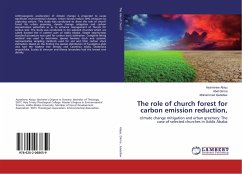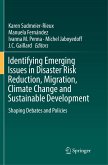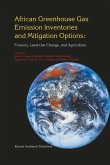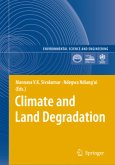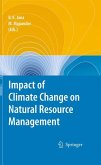Anthropogenic acceleration of climate change is projected to cause significant environmental changes. Urban forests reduce GHG emissions by capturing carbon. This study was conducted to show the role of church forest for urban greening, climate change mitigation and carbon sequestration potentials so as to enhance management of forests for carbon sink. The study was conducted in ten selected churches which are suited located the in eastern part of Addis Ababa. Simple step-by-step standard procedure was used for carbon stock estimation. Complete listing method was used to determine species biomass stock and systemic representative sampling methods used for soil and litter carbon stock estimation. Based on the finding the species distribution of Eucalyptus glob ulus had the highest tree density and Casimiroa edulis, Dodonaea angustifolia, Euclea di vinorum and Maesa lanceolata had the lowest tree density.
Bitte wählen Sie Ihr Anliegen aus.
Rechnungen
Retourenschein anfordern
Bestellstatus
Storno

